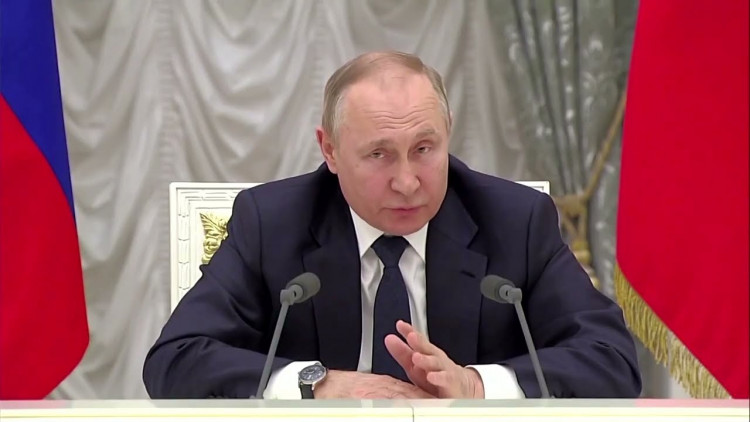The European Union has reached a landmark agreement to utilize profits from frozen Russian assets to bolster Ukraine's military efforts and support its reconstruction. The decision, announced on Tuesday, signifies a significant step in the bloc's ongoing efforts to support Ukraine amidst its conflict with Russia.
The EU is currently holding approximately 210 billion euros ($225 billion) in Russian central bank assets, primarily frozen in Belgium. These assets, which have accrued substantial interest, could generate around 3 billion euros ($3.3 billion) annually. This revenue will be crucial in aiding Ukraine, which is in dire need of weapons and ammunition to counteract Russian military advancements.
EU headquarters stated that 90% of the interest generated from these frozen assets will be allocated to the European Peace Facility, a special fund that many EU countries already use to get reimbursed for arms and ammunition sent to Ukraine. The remaining 10% will be directed into the EU budget, where it will support Ukraine's defense industry or reconstruction efforts, contingent on member states' preferences regarding military aid.
The decision follows extensive debates among EU member states and other Group of Seven (G7) countries about how to best utilize the frozen Russian assets to support Ukraine. The assets were initially frozen shortly after Russia's full-scale invasion of Ukraine in February 2022.
Czech Foreign Minister Jan Lipavsky confirmed the agreement on social media, stating, "We have approved in the EU using revenues from Russia's central bank's frozen assets to help Ukraine. Up to €3 billion only this year, 90% goes for Ukraine's military. Russia must pay for its war damages."
The financial assets in question have been gaining significant interest, leading the EU to estimate that by 2027, the windfall profits could reach 20 billion euros ($21.7 billion). The majority of these frozen assets are held by Euroclear, a Belgium-based financial services company, which reported generating around 557 million euros ($605 million) in interest since February 15.
Sergei Ryabkov, Russia's deputy foreign minister, warned in December that the confiscation of these frozen assets could severely impact diplomatic relations between Moscow and Western nations. He emphasized that while Russia is prepared for any scenario, such actions could lead to a significant escalation in tensions.
Despite the potential diplomatic fallout, the EU's decision underscores its commitment to supporting Ukraine. The funds are expected to be disbursed to Ukraine biannually, with the first tranche anticipated in July. This financial support is seen as essential for Ukraine to sustain its defense efforts and begin the long process of rebuilding the war-torn country.




